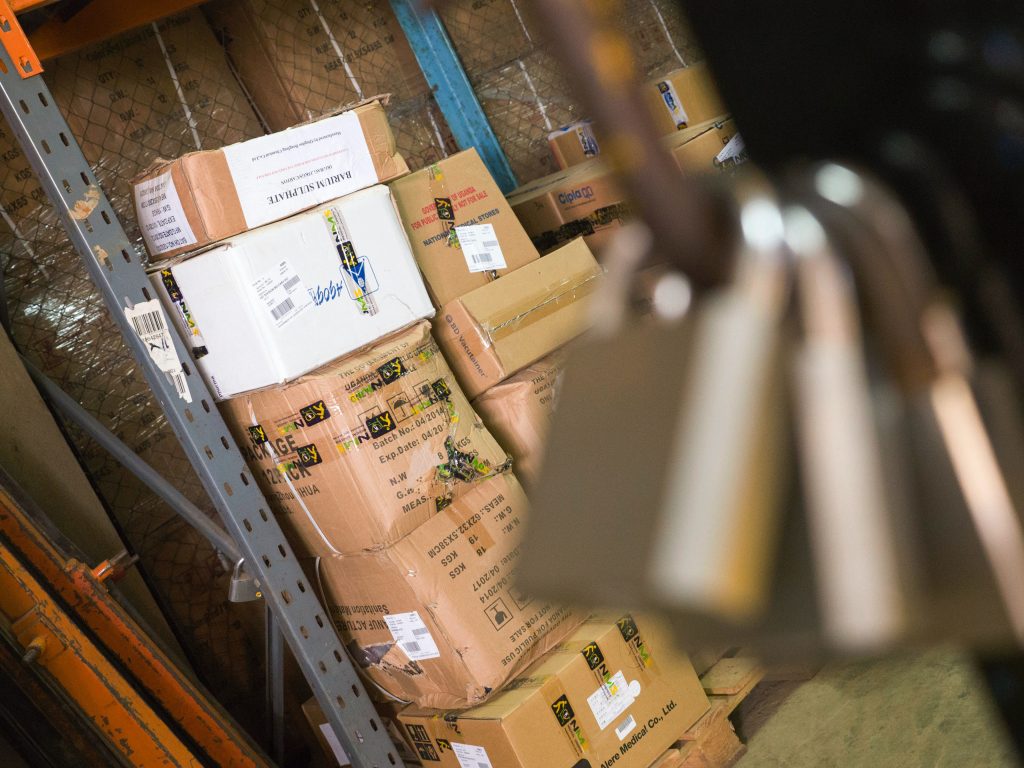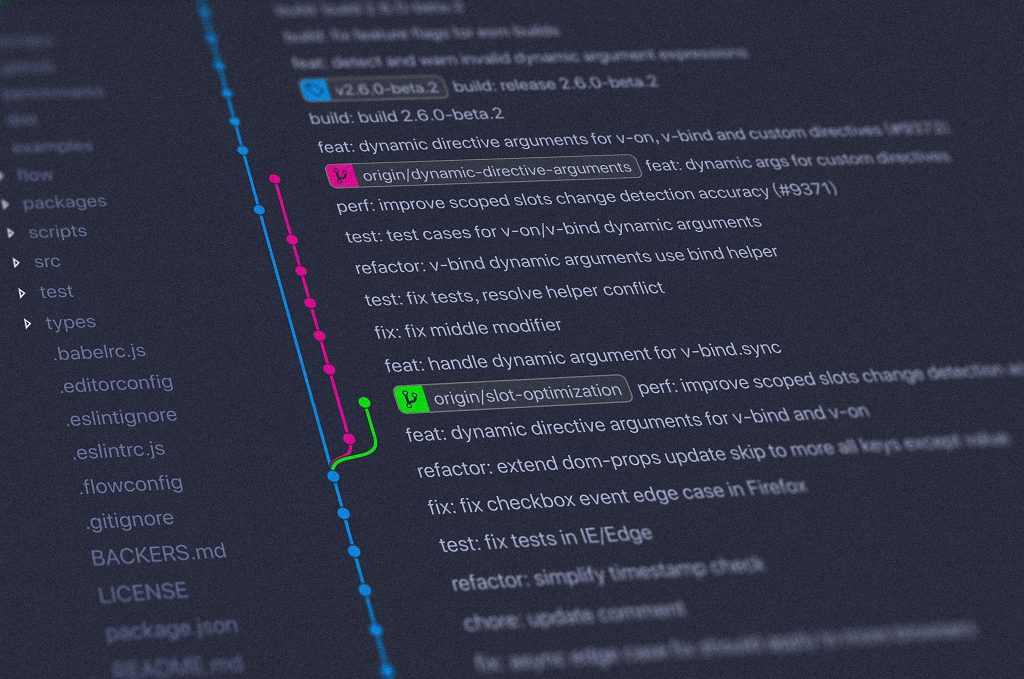Event recap | New approaches to trust in manufacturing
On Tuesday, June 16, 2020, the Atlantic Council’s GeoTech Center and Nanotronics hosted Dr. Joseph Bonivel Jr., Subject Matter Expert at the US Department of Defense, Mr. Donald Codling, President of Codling Group International, Dr. Andrea Little Limbago, Vice President of Research and Analysis at Interos Inc., and Ms. Roberta Stempfley, Director of the CERT Division at Carnegie Mellon University, for a virtual private round table about the future of trust in manufacturing. The event was co-hosted by Mr. Matthew Putman, Cofounder and CEO of Nanotronics, and Dr. David Bray, Director of the GeoTech Center at the Atlantic Council.
The current state of supply chains
The COVID-19 pandemic is forcing governments, companies, and institutions to reevaluate their supply chains. Before, most companies assembled their supply chains to reduce manufacturing costs. Some also considered the security of the products being made, especially regarding recent developments in 5G and software supply chains: if a company cannot guarantee that all the components it relies on are secure, it cannot ensure a secure product. However, as the pandemic and other crises disrupt markets and lines of trade, industry focus has broadened to include reliability, too, and the need to trust and understand all links in one’s supply chain well enough to prepare for local and global crises and ensure continued service has become clear.
The panelists pointed out that, for many products, the full process of production is too complex to understand at a granular level. Some referred to the Department of Defense as an example, relying on hundreds of thousands of distinct suppliers. Cohost Matthew Putman highlighted that, to meet this challenge, organizations like Nanotronics are trying to build mechanisms that establish trust between suppliers and their partners so that, even oceans away, companies can be confident in the security and availability of components they receive. Supply chain management demands in-depth knowledge of all suppliers and components involved. The panel explained that government policy and technology can work in tandem to help overcome challenges to building trust.

Obstacles to trust
Several audience members acknowledged that, in most industries, companies have an incomplete understanding of the full extent of their supply chains. In some cases, obtaining that knowledge entirely seems impossible, as the complex products involved incorporate too many distinct partners and dependencies for a single organization to track. The panel elaborated that such a challenge creates the potential for disruption down the line. If organizations do not or cannot know the origin of their components, let alone the specific political, social, or environment context they were produced in, it is impossible to fully trust the integrity or availability of the products they assemble. Additionally, those same gaps in knowledge prevent nations from fully preparing for disruptions like pandemics, natural disasters, and the intervention of other governments—preparing for shortages is difficult without the ability to anticipate which sectors and products will be affected by what disturbances.
Accordingly, the panelists noted that many companies—especially those contracting with the US government—are interested in “reshoring,” the practice of relocating their supply chains either within the United States or to other allied and partner nations. Companies use reshoring to improve trust in their supply chains through proximity, or a shared set of trading partners, regulations, values, and so on.
There are several incentives to reshore, but it nonetheless reduces the comparative advantage that globalization takes advantage of. With uncertainty and mistrust pushing more and more companies to consider reorganizing their supply chains, whole industries may see reduced innovation and increased costs if reshoring takes hold. Without regulatory and technological solutions to build trust in supply chains, the future of today’s globalized economy is uncertain.

Regulations for trust
The panel explained that, in the field of supply chain management and especially within the government sector, it pays to have an attitude somewhere between wary and paranoid, and, through intentional regulation, governments can encourage such a mindset. Panelists highlighted the United Kingdom’s recent proposal of a ten country 5G pact with allied nations to channel investments to trusted companies and enable a shared security framework for 5G regulations. Such a political strategy would create a pool of trusted suppliers for companies seeking to invest in 5G technology and provide alternatives to less-reliable partners.
The panel also noted that law enforcement has a role to play through its enforcement of intellectual property rights and similar laws both within and between nations. International coordination will become increasingly important as standards of trust rise. Policies like the proposed 5G pact can reduce the likelihood of vulnerabilities embedded in technologies, but the legal frameworks that identify violators and enforce penalties against them are still lacking . Panelists noted that while many countries partner with each other to coordinate such enforcement, there is still room for improvement in a larger multilateral arrangement. Initiatives like the State Department’s Clean Path Plan, which seeks to establish a secure communication infrastructure between its embassies and the United States government, will help incentivize other nations’ adherence to secure hardware and software through the threat of sanctions.

The role of technology
Though policy can set guidelines for determining trustworthiness, discussants observed that many companies still need a way to verify their suppliers. New technologies of certification can enable that verification. In the past, certification systems like car safety ratings have pushed companies to consumer protections and resulted in industry-wide improvements. With increased demand for security and trust, especially in software and IoT devices, industry can look forward to new innovations in both creating and verifying product security. The panel proposed a system of certification that stamps components before allowing them to progress up the supply chain. Technologies like block chain could ensure that all components carry their production information to each stage along the chain in a transparent and verifiable form. Industry can also use AI to review the ample production data of components, assessing and flagging potential threats at a final product level. Together, the two technologies could enable third party approval of products shown to meet certain requirements, allowing companies to select components that meet institutional or government standards.
The way forward
Envisioning the future of supply chain trust isn’t a question of discovering a panacea technology or policy—rather, it is one of how multiple systems can collectively ensure safe products. Companies and governments alike face difficult challenges: the distinctions between trustworthy, lax, and downright deceptive suppliers are blurry. As a result, solutions must focus on both while still considering new, unconventional thinking. Panelists and audience members agreed that ensuring technology and policy support the principles companies and governments value will be essential to creating trusted global supply chains in the future.
Henry Westerman joins the GeoTech Center as a Project Assistant, having served as an intern with the team this past summer. He is a member of the Class of 2021 in the Georgetown University School of Foreign Service studying Science, Technology, and International Affairs with a concentration in Security. Henry has previously interned with the Library of Congress Digital Strategy team, and at the Department of State Office of Science and Technology Cooperation. Henry’s primary academic interests include geospatial analysis, emerging technologies, and digital sensemaking; he also dabbles in Spanish and Philosophy.

The GeoTech Center champions positive paths forward that societies can pursue to ensure new technologies and data empower people, prosperity, and peace.